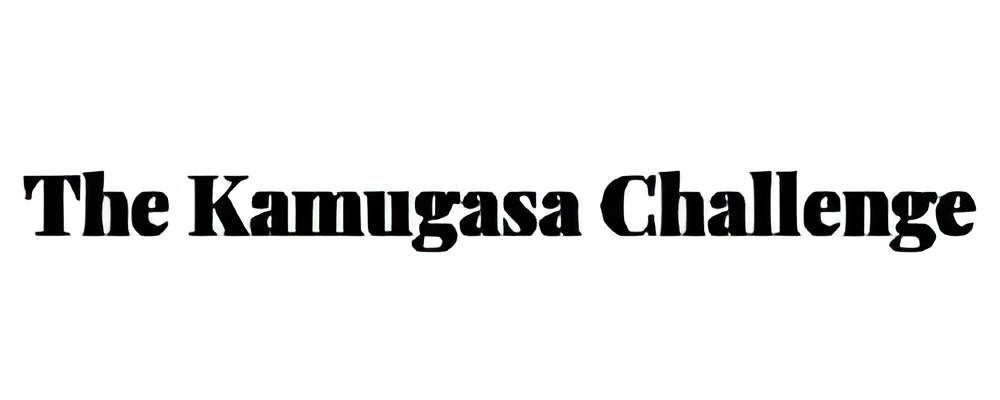“What makes democracy work is a complicated question in South Africa. We have a unique history, a racial history. The bedrock of democracy coming out of imperial thinking: free speech, free elections, independent judiciary, freedom of association, were refined over centuries and came out of liberal, imperial thought. That was the same history that oppressed, colonized people. So there are some people who struggle to see even good ideas, the resonance of good ideas because they were terribly humiliated and degraded for centuries. Their struggle to recognize or give credence to ideas that came from those people. So, it is a complicated thing in South Africa…You can talk about what are the good ideas for democracy but I think one has to unpack our history here to unpack those ideas…” So says Josh Hawks, a South African band member of Freshlyground.
2. He was spot on, and he could have spoken for the entire continent of Africa. Josh Hawks raises an important question, namely, what exactly is democracy in Africa, and more importantly, is there cause for optimism?
3. No one is more qualified to shed light on this question than Dr. Nic Cheeseman, a political scientist and professor of democracy and international development at the University of Birmingham, specialising in democracy, elections, and African politics. He is also a columnist for The Africa Report, South Africa’s Mail, and the Guardian, and the editor of the website Democracy in Africa.
4. Nic read politics, philosophy, and economics at the University of Oxford and then received an MPhil and DPhil from the same university. He was elected a Cox Fellow at New College, but left in 2006 to take up the position of associate professor at Jesus College, Oxford. He served as the director of Oxford’s African Studies Centre before moving to the University of Birmingham in 2007 to become a professor of democracy and international development. In 2022, he became the inaugural director of the university’s new Centre for Elections, Democracy, Accountability, and Representation (CEDAR).
5. Professor Cheeseman is the recipient of many awards recognising his exceptional scholarship, and the most recent is the Josiah Mason Award for Academic Advancement at the University of Birmingham. He is also the author of many notable books, the most prominent being Democracy in Africa: Successes, Failures, and the Struggles for Political Reform. The book is the subject of our podcast conversation.
6. In this episode, we discuss the topic: How Critical Is Democracy in a Multipolar World
7. Look up Episode 017 of Conversations with Stephen Kamugasa, and please subscribe to Conversations with Stephen Kamugasa podcast through your favourite podcast app to listen to the latest insights from our guest thought leaders.
Recommended Reading:
1. Democracy in Africa: Successes, Failures, and the Struggles for Political Reform. (Cambridge University Press; illustrated edition, May 2015). By Nic Cheeseman.
2. How to Rig an Election (Yale University Press; revised and expanded edition, 2024). By Nic Cheeseman and Brian Klaas.
A Dedication:
This podcast episode is dedicated to the Rt. Revd. Dr. Alan Wilson, the former Bishop of Buckingham. Alan was a remarkable man; he was, for example, a strong supporter of both the ordination of women and committed same-sex relationships. Such was his stand on the issue of same-sex relationships that he even wrote a well-argued book, More Perfect Union? Alan was, above all, a compassionate leader. Thanks to his willingness to take risks as a leader, he put himself forward to play the guinea pig and help launch Conversations with Stephen Kamugasa’s podcast as its first guest. The Rt Revd. Dr. Alan Wilson died suddenly and unexpectedly on February 17, 2024.

![How Critical Is Democracy In A Multipolar World [Podcast]](https://thekamugasachallenge.com/wp-content/uploads/2024/08/Nelson-Mandela-600x338-1.png)